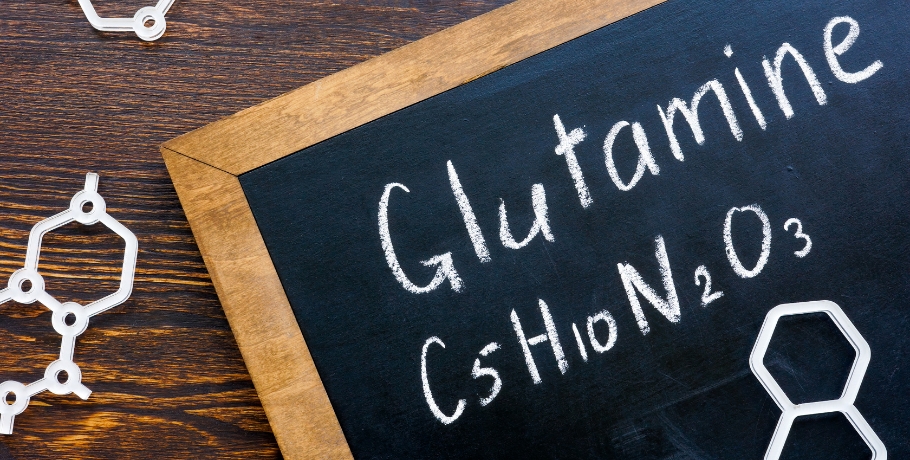
L-Glutamine is an amino acid considered important for the body's functions, particularly in supporting gut health and muscle recovery. If you're thinking about buying L-Glutamine, it’s helpful to first understand the best way to take it to maximize its effectiveness. Below, we go through the details.
How Much L-Glutamine Should You Take?
The recommended dosage of L-Glutamine can vary depending on an individual’s needs and the purpose of supplementation. Generally, a dose of 5-10 grams of L-Glutamine per day is common for supporting health and performance. For those taking L-Glutamine for training or specific health concerns, the dosage can be higher, up to 20 grams per day.
How Often Should You Take L-Glutamine?
It’s common to split the L-Glutamine dose throughout the day to maintain consistent levels in the body. This could mean taking one dose in the morning and another in the evening, or dividing it evenly into several smaller doses throughout the day.
When Should You Take L-Glutamine?
When it comes to timing, there are a few recommendations to consider:
Before Training: Many athletes take L-Glutamine before exercise to support muscle recovery and reduce muscle breakdown during intense sessions.
After Training: As L-Glutamine is crucial for muscle recovery and repair, taking a dose after exercise can help speed up recovery.
On an Empty Stomach: Taking L-Glutamine on an empty stomach, usually in the morning or before bedtime, can enhance absorption and utilization of the amino acid.
What Happens If You Take Too Much L-Glutamine?
For healthy individuals, taking too much L-Glutamine is typically not harmful, as excess amino acid is usually excreted by the body. However, high doses can cause mild side effects such as stomach discomfort or diarrhea in some people. It’s always best to start with a lower dose and increase gradually to avoid discomfort. Read more about L-Glutamine here!
Scientific References
Häussinger D, et al. The role of cellular hydration in the regulation of cell function. Biochem J. 1996;313(Pt 3):697-710.
Gleeson M. Dosing and Efficacy of Glutamine Supplementation in Human Exercise and Sport Training. J Nutr. 2008;138(10):2045S-2049S.
Rogero MM, et al. Potential benefits and risks of glutamine supplementation for athletes. Sports Med. 2016;46(11):1673-1686.
Melis GC, et al. Plasma glutamine levels in septic patients. Intensive Care Med. 2005;31(8):1077-1078. doi:10.1007/s00134-005-2665-7
